The Enduring Myth of the “Non-Corrupt” Military
The false notion that the armed forces are inherently cleaner is dangerous to democracy in Latin America.

The false notion that the armed forces are inherently cleaner is dangerous to democracy in Latin America.
The former president tried to bring the armed forces out of the shadow of the last dictatorship. Will his successor reverse course?
Countries are empowering generals to deal with critical policy challenges. They are missing the point.
A massive, peaceful protest in Uruguay reflects institutional strengths, not weaknesses.
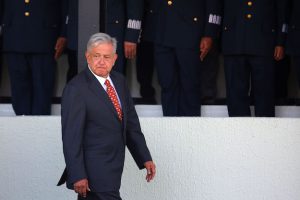
Mexico’s president is still popular, but his security strategy isn’t. That spells trouble for his presidency.
Venezuelans fleeing crisis at home have now become victims of armed conflict in Colombia.
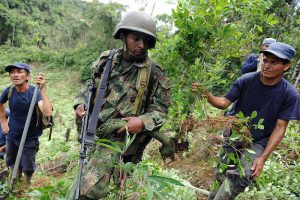
Manual eradication and seizures are helping reverse a years-long increase in coca cultivation.
The Goldman Prize was just awarded to Alberto Curamil, a jailed Chilean environmental activist, shining a spotlight on Chile’s policies in the Araucanía.

The anti-crime package in Congress now may not be enough to fight transnational gangs.
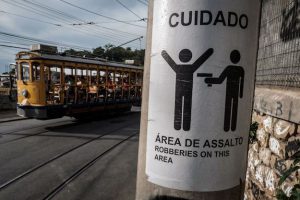
Amid startling levels of violence, Brazilian state and municipal governments can be a source for innovative solutions.

Mexico’s president is relying heavily on the armed forces to stop crime and violence, but his approach could backfire.

A common denominator unites Brazil’s Jair Bolsonaro and Mexico’s Andrés Manuel López Obrador.
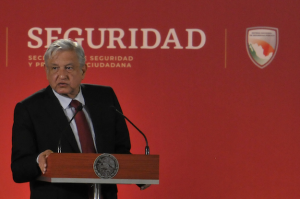
Without independent players, corruption and crime will continue to plague Mexico.

Latin American nations helped preserve Antarctica for peaceful purposes, a story still relevant today.

Congress took an important step toward approving AMLO’s controversial national guard proposal, but obstacles remain.